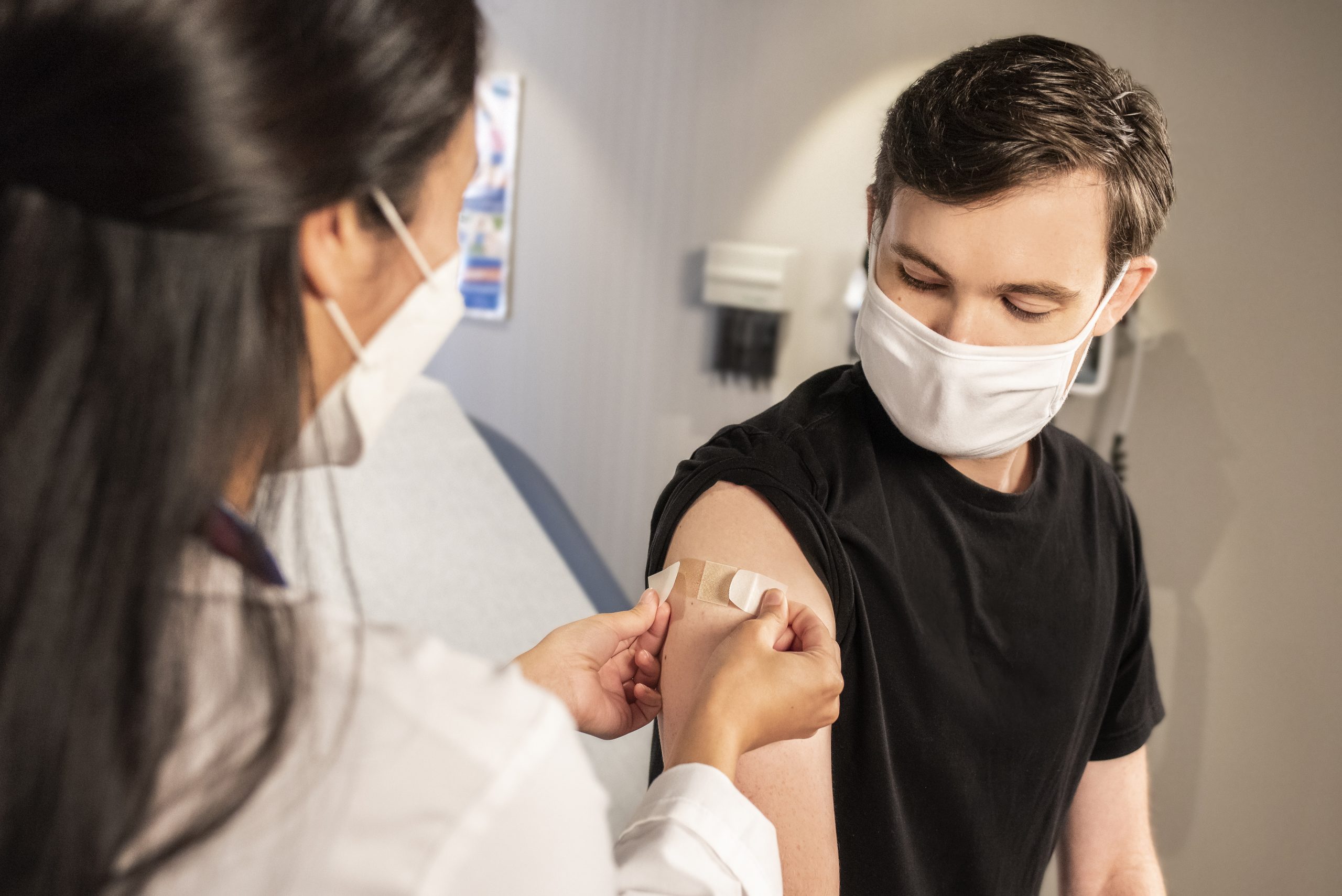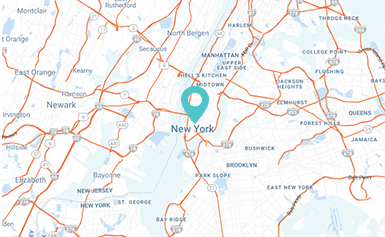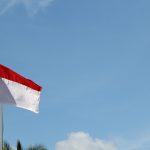Health and safety advisories in Indonesia
Indonesia is a diverse and beautiful country known for its stunning natural landscapes, rich cultural heritage, and warm hospitality. However, like any other travel destination, it’s essential to be aware of Health and safety advisories in Indonesia to ensure a safe and enjoyable trip. This guide by Green Sun Travel provides you with information on health precautions, safety tips, and essential travel advice for a worry-free journey in Indonesia.
Health and safety advisories in Indonesia: Healthy precautions
Vaccinations:
Before embarking on your trip to Indonesia, taking appropriate vaccinations is crucial to protect yourself from preventable diseases. Here’s an elaboration of the vaccination recommendations:
- Consult Your Healthcare Provider: Schedule an appointment with your healthcare provider at least 4-6 weeks before your trip. They can assess your specific health needs, including your medical history and any pre-existing conditions. Based on this evaluation, your healthcare provider will recommend a vaccination plan tailored to your individual requirements.
- Routine Vaccines: Ensure that your routine vaccinations are up to date. These may include vaccines like measles, mumps, rubella (MMR), diphtheria, tetanus, and pertussis (DTaP), varicella (chickenpox), and influenza. Being up to date on these vaccinations provides a baseline level of protection against common diseases.
- Hepatitis A and B: Indonesia is an area where hepatitis A and B are endemic, especially in some rural regions. These vaccines are typically recommended for travelers as they provide protection against these viral infections, which can be transmitted through contaminated food, water, or close personal contact.
- Typhoid: Typhoid fever is another food and waterborne disease to be aware of when traveling in Indonesia. The typhoid vaccine is advisable, especially if you plan to explore less developed areas where sanitation may be inadequate.
- Rabies: While rabies is relatively rare, it’s present in Indonesia, and the risk can be higher in rural and remote regions. Depending on your travel itinerary, your healthcare provider may recommend the rabies vaccine, especially if you anticipate close contact with animals or are venturing into areas with limited medical facilities.

Malaria and Mosquito-Borne Diseases:
Malaria is a significant health concern in some parts of Indonesia. Here’s a detailed breakdown of how to protect yourself:
- Malaria Risk: Indonesia has varying levels of malaria risk, with higher risk in some remote areas, such as parts of Papua, Kalimantan, and the eastern islands. Consult a travel clinic or your healthcare provider to determine if you’ll need malaria prophylaxis.
- Malaria Prophylaxis: If recommended, take the prescribed antimalarial medication consistently and follow the instructions provided by your healthcare provider or travel clinic. Prophylactic medications can help reduce your risk of contracting malaria.
- Mosquito Protection: In addition to medication, it’s essential to protect yourself from mosquito bites. Use insect repellent on exposed skin and clothing. Wear long-sleeved clothing, especially during dawn and dusk when mosquitoes are most active. Sleeping under a mosquito net in areas with higher malaria risk is also advisable.
Food and Water Safety:
For Health and safety advisories in Indonesia, maintaining proper food and water safety is crucial to avoid foodborne illnesses during your trip:
- Bottled Water: Tap water in Indonesia may not be safe for consumption. Stick to drinking bottled water, and ensure the seal is intact when you purchase it. Avoid adding ice to your drinks unless you’re certain it’s made from purified water.
- Street Food: Indonesian street food is a delightful culinary experience, but it’s essential to exercise caution. Opt for food stalls that appear clean and where the food is prepared fresh. Hot, well-cooked dishes are generally safer than raw or undercooked options.
- Raw Seafood: While Indonesia offers a bounty of seafood, be cautious with raw or undercooked seafood, as it can be a source of foodborne illnesses. Stick to properly cooked seafood to minimize health risks.
Hygiene:
Good hygiene practices can prevent various illnesses. Here’s what you should keep in mind:
- Hand Washing: Frequent hand washing with soap and clean water is essential, especially before eating and after using the restroom. Proper hand hygiene reduces the risk of gastrointestinal illnesses.
- Hand Sanitizers: Carry hand sanitizers and disinfectant wipes with you. They come in handy in situations where clean facilities may not be readily available, such as when you’re on the go or in more remote areas.
By following these Health and safety advisories in Indonesia, you can significantly reduce your risk of falling ill during your travels in Indonesia and enjoy a safer and healthier journey.
Health and safety advisories in Indonesia: Safety tips

Petty Crime:
- Belongings Awareness: Indonesia, like many tourist destinations, has its share of petty crimes. Keep a vigilant eye on your belongings, especially in crowded areas like markets, transportation hubs, and tourist hotspots. Thieves often take advantage of distracted travelers.
- Valuables Storage: Consider using a money belt or concealed pouch to securely store your valuables, such as passports, extra cash, and important documents. This reduces the risk of theft.
- Minimize Display of Valuables: To avoid drawing unwanted attention, refrain from displaying expensive items like jewelry, cameras, and electronics in public places. Keep them safely stored when not in use.
Transportation:
- Reputable Providers: Opt for reputable transportation providers and consider booking through your accommodation, which can help ensure a safer travel experience.
- Local Transport Caution: Be cautious when using local transport, especially in more remote or less regulated areas where safety standards may vary. Check the condition of the vehicle and the driver’s credentials before embarking on a journey.
- Seatbelt Usage: When available, always wear your seatbelt in vehicles. This simple action can significantly reduce the risk of injury in case of an accident.
Natural Disasters:
- Awareness and Preparedness: Indonesia is prone to natural disasters such as earthquakes, volcanic eruptions, and tsunamis. Stay informed about local conditions by following local news and heeding warnings from authorities.
- Evacuation Procedures: Familiarize yourself with evacuation procedures specific to your location. Have an emergency plan in place, including a designated meeting point and essential items like water, non-perishable food, and a flashlight in case of power outages.
Wildlife and Environment:
- Responsible Wildlife Interaction: While Indonesia boasts a diverse range of wildlife, remember that wild animals can be unpredictable and even dangerous. Admire wildlife from a safe distance and refrain from feeding them, as it can disrupt their natural behaviors.
- Environmental Responsibility: Respect the environment by not littering. Dispose of your waste in designated areas. Follow conservation guidelines when visiting national parks, wildlife reserves, or other ecologically sensitive areas.
Cultural Sensitivity:
- Modest Dress: When visiting religious sites and conservative areas, dress modestly. For both men and women, this usually means covering shoulders and knees. Wearing a sarong or a shawl can be a helpful addition.
- Photography Etiquette: When taking photos of individuals, especially in rural areas, ask for permission first. Respect the privacy and cultural sensitivities of the local people. Some communities may have restrictions on photography.
Travel Insurance:
- Comprehensive Coverage: Purchase comprehensive travel insurance that covers potential medical emergencies, trip cancellations, and lost belongings. Ensure the policy includes coverage for activities you plan to engage in during your trip, such as adventure sports or diving.
Local Health Services:
Medical Facilities:
- Urban vs. Rural: Major cities in Indonesia have well-equipped medical facilities of good quality. However, in rural areas, healthcare resources may be limited.
- Medical Evacuation: Ensure that your travel insurance includes coverage for medical evacuations. In case of a severe illness or injury, this coverage can be a lifesaver, especially if you’re far from major medical centers.
Pharmacies:
- Widespread Availability: Pharmacies, known as “apotek,” are widely available in most urban and semi-urban areas. They can provide basic medications and over-the-counter remedies.
- Basic First-Aid Kit: It’s a good idea to carry a basic first-aid kit with essentials such as bandages, antiseptics, pain relievers, and any prescription medications you may need during your trip. This can be invaluable, especially in more remote areas where medical facilities are scarce.
By following these Health and safety advisories in Indonesia and being prepared for various situations, you can enhance your overall safety and well-being during your travels in Indonesia, allowing you to make the most of your visit while minimizing risks.
Emergency Numbers:
- Police: 110
- Ambulance: 118
- Search and Rescue: 115
- Fire Department: 113
In case of an emergency, it’s essential to have a local SIM card with a working phone to contact emergency services.
Conclusion
By staying informed, taking Health and safety advisories in Indonesia, you can have a memorable and safe experience while exploring Indonesia. Always be aware of your surroundings, respect local customs, and make informed choices during your journey. Indonesia’s beauty and culture are waiting to be discovered, and with the right preparation, your trip will be enjoyable and worry-free.







